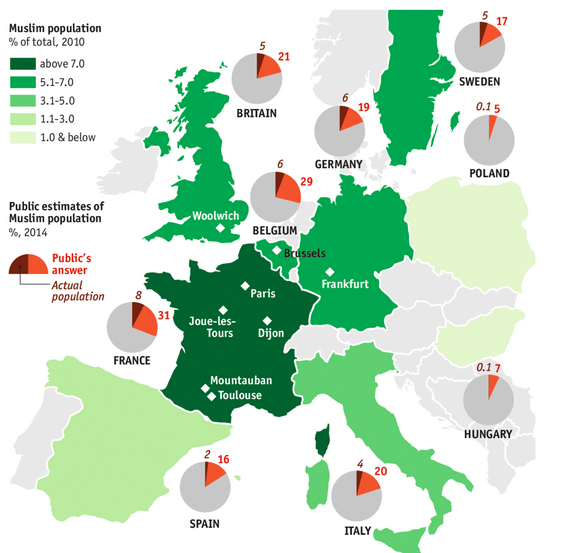The usual suspects are either outraged or baffled that Europe's right wing parties are cheering for Syriza in Greece. How is that possible, they ask. All they have in common is a dislike for austerity and running the country for the benefit of foreign banks. How can they work together when they disagree about the really important issues like gay marriage? Sarcasm aside there are real differences between non-mainstream parties of the left and right. Parties of the right scapegoat immigrants. Parties of the left embrace them. Parties of the right oppose the European Union altogether. Parties of the left would rather reform it. But they agree with each other and disagree with "respectable" and "mainstream" parties on the most important issue of the day -- ending austerity and running the country for the benefit of their domestic population, not foreign banks. It should in no way be surprising that they are aligned.
And it does cast doubt on my own hypothesis, that economic crises tend to turn politics to the right, unless the right has been discredited, in which case they turn politics to the left. Clearly the right has been rising in Europe in response to the economic crisis. But the big exception appears to be the countries that are hardest hit by the crisis. Right wing parties are surging in France, in the Low Countries, in Britain, and even in Scandinavia. But not in the crisis countries, at least not primarily. In Greece, Syriza on the left is beating Golden Dawn on the right. In Spain, the alternative is Podemos. In Ireland, Sinn Fein. In Italy, the Renzi Democrats. And Portugal apparently doesn't have any insurgent party at all. What is going on here? I suppose I can guess.
Some of it can be written off as individual ideosyncracies. In Greece, the right wing Golden Dawn is certifiably nutty and repulsive, using Nazi symbols and formerly wanting to start a war in the Balkans. In Ireland, to be of the right is to be pro-Catholic, and the Catholic Church has forfeited all moral authority. In Italy, Silvio Berlusconi has given the right wing a bad name. In short, the right may be for various reasons discredited in many of these countries.
But I am inclined to think the reason has more to do with the diagram on the right, giving the size of Muslim population in various European countries. The main point is, in no country is it even 10%. But in the European "core" it is more likely to hit 5% than in the "periphery." Anti-Muslim and anti-immigrant parties are most likely to thrive in countries with larger Muslim populations. And I am inclined to think that is the real difference going on here.

No comments:
Post a Comment